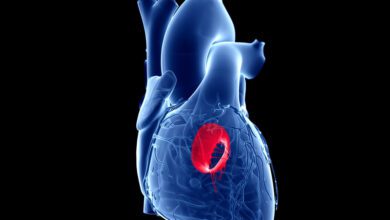6 Common Symptoms of Elevated Liver Enzymes
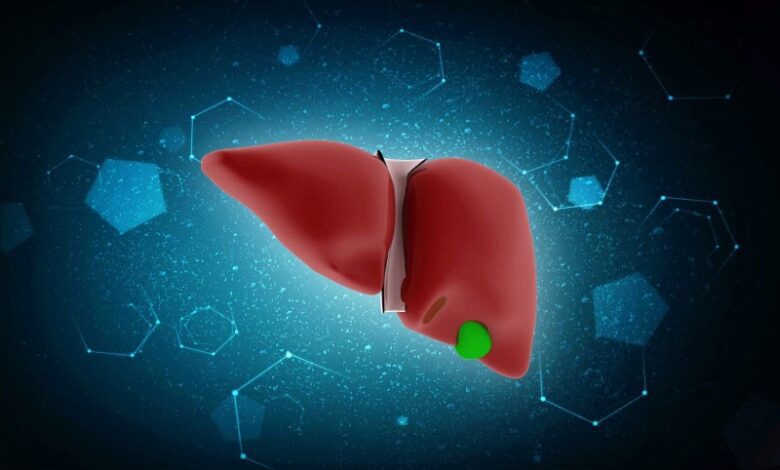
1
One of the most important signs indicating the occurrence of liver cell damage is the increase in liver enzymes. It is worth noting that this pathological condition occurs due to infection with some diseases such as acute hepatitis, chronic hepatitis in the active stage, and cirrhosis of the liver to a large extent. From here, we must know the most important pathological manifestations that indicate the occurrence of an increase in liver enzymes, which are represented in 6 symptoms that we must be aware of as much as possible.
Causes of increased liver enzymes
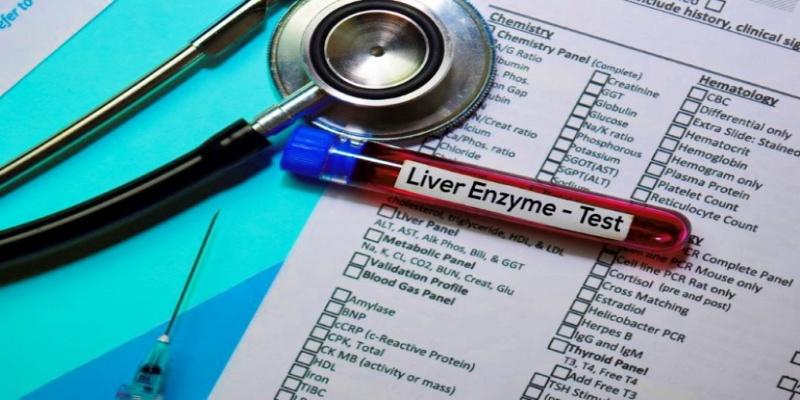

Causes of increased liver enzymes
As we mentioned before, the increase in liver enzymes and their elevation usually occurs due to exposure to some pathological problems that affect the liver, but on the other hand, this increase can occur due to some natural changes that affect the body, such as hormonal changes or reactions to medications, as the increase here is temporary and will return within a period of 2-4 weeks without treatment.
In general, elevated liver enzymes can occur due to a variety of causes, the most common of which are the following:
* The occurrence of viral hepatitis, as this disease is one of the main causes of a sudden increase in liver enzymes. It is worth noting that there are 5 types of viruses that cause hepatitis, namely A, B, C, D and E, which invade the body, causing many serious damages to liver cells. In addition to hepatitis B and C viruses, which can cause acute and chronic hepatitis, which increases the risk of developing liver cancer and cirrhosis.
* Drinking alcoholic beverages, beer and taking stimulants, as all of these elements directly weaken liver function.
* Improper use of medications or arbitrary use of antibiotics, anti-inflammatories or painkillers, as this leads to excessive overloading of the liver, and then this leads to liver damage, especially when using products of unknown origin.
* Following an unhealthy diet, where you eat unsafe foods that contain toxins or preservatives that cause liver damage.
* Suffering from some medical conditions not related to the liver, such as heart failure, pancreatitis, malaria, diabetes, gallstones, bile duct infections, and bile duct tumors, as all of these diseases affect the metabolism in the liver.
6 Common Symptoms of Elevated Liver Enzymes
Usually, if the liver enzyme index is slightly elevated, it is difficult for patients to notice any obvious symptoms. But if the index increases 5 times, the symptoms will be more obvious and will be as follows:
-
Itchy skin


Itchy skin
Although itchy skin is one of the most common symptoms of chronic liver disease, as it is caused by elevated liver enzymes, not all patients may experience this symptom. Therefore, it is important to distinguish allergic itching in people without liver disease from itching associated with elevated liver enzymes.
It is worth noting that the patient may suffer from itching in the arms or itching all over the body, as in the case of continuous itching, this can interfere with sleep and lead to suffering from sleep disorders and some other health problems.
-
Gastrointestinal disorders
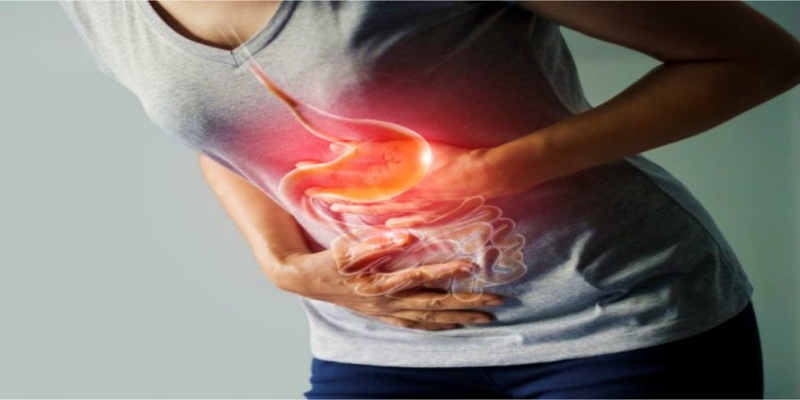

Gastrointestinal disorders
People with elevated liver enzymes often suffer from digestive problems, which affects their quality of life and health.
It should be noted that the signs of common digestive disorders in people with elevated liver enzymes may depend on the severity and condition of the liver disease, and this can lead to nutrient deficiencies in people with cirrhosis.


Jaundice appears
Jaundice occurs when bilirubin (yellow pigment) in the blood exceeds normal levels. This phenomenon is called hyperbilirubinemia. Therefore, patients who suffer from elevated liver enzymes and sudden hyperbilirubinemia need to understand this matter under the supervision of a specialized medical specialist.
It should be noted that determining the cause is based on medical history, physical examination, and analysis of blood test results, as test results help determine whether jaundice is related to elevated liver enzymes or suffering from some other liver diseases.
-
abnormal bowel movements
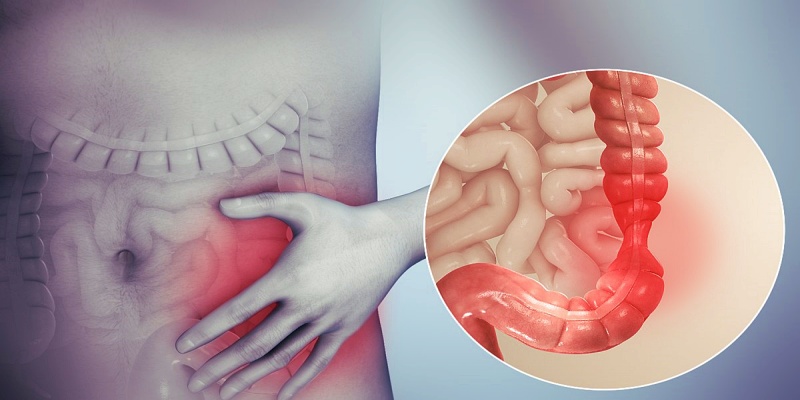

abnormal bowel movements
When suffering from high liver enzymes, it should be noted that this may cause the appearance of light yellow stool, as normal stool is usually different and tends to brown, and depends mainly on the diet.
It is worth noting that the liver plays a major role in secreting bile salts into the stool, which makes the stool appear brown. However, if the liver does not produce enough bile salts or the bile salts are blocked, the stool may become pale yellow.


The appearance of edema
When liver enzymes increase and rise, a state of decreased liver function will occur, and the process of removing waste from the body will be disrupted, which will lead to its abnormal accumulation inside the body.
Hence, this condition can lead to the appearance of some edema in all parts of the body, especially in the areas of the ankles, feet and hands.
-
Complaining of abdominal pain and nausea


Complaining of abdominal pain and nausea
In addition to the typical signs we mentioned above, there are also some other symptoms that can be encountered when suffering from high liver enzymes, which may include abdominal pain, nausea, fatigue, diarrhea, loss of appetite, psychological changes, decreased sexual desire, etc.




